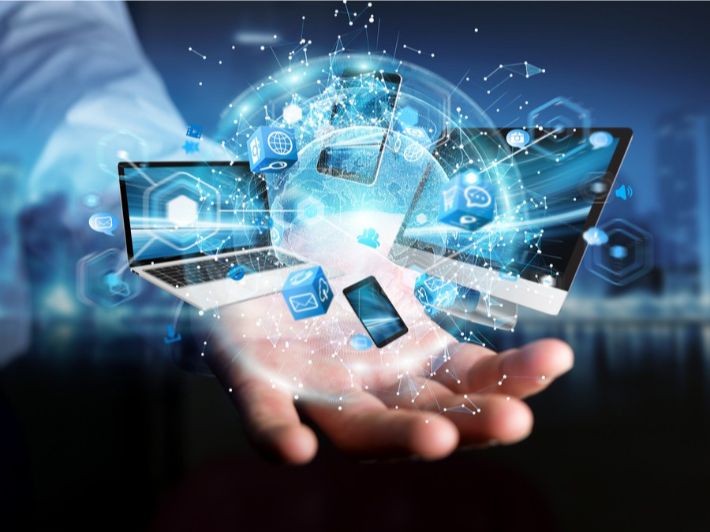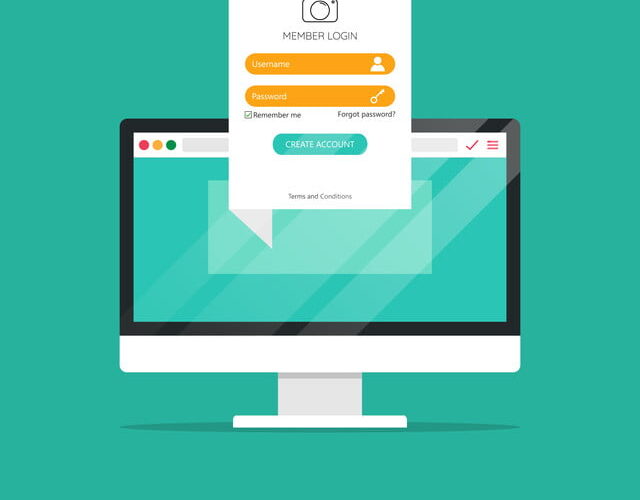The Role of eHR in Modernizing HR Practices
Introduction
In the ever-evolving landscape of Human Resources, technology has played a pivotal role in revolutionizing HR practices. One such technological marvel is eHR (electronic Human Resources). This article delves into the significance of eHR in modernizing HR practices and how it has become a cornerstone of effective HR management.
eHR: A Game Changer in HR Modernization
eHR, the digital transformation of HR processes, is redefining how organizations manage their workforce. Below, we will explore its multifaceted impact on HR practices.
Streamlined Recruitment and Onboarding
eHR has simplified and expedited the recruitment and onboarding processes. With user-friendly digital interfaces, HR professionals can post job openings, screen candidates, and handle all required documentation, leading to quicker, more efficient hiring.
Enhanced Employee Data Management
Managing employee data is critical for HR departments, and eHR systems excel at it. Employee information, from personal details to performance evaluations, is readily available in secure digital databases, eliminating the need for laborious paper-based recordkeeping.
Efficient Performance Evaluation
Through eHR systems, HR professionals can set up automated performance evaluation reminders, making sure they don’t miss crucial milestones. This approach ensures fairness and transparency in employee assessments.
Employee Self-Service
eHR empowers employees to access their data, request leaves, and update personal information, reducing the HR department’s administrative workload and fostering a sense of autonomy among employees.
Compliance and Reporting
eHR systems assist HR in keeping up with complex employment laws and regulations, enabling them to generate accurate reports to ensure legal compliance within the organization.
Cost Reduction
By minimizing paperwork and automating time-consuming processes, eHR significantly reduces operational costs, making it a cost-effective solution for organizations.
Data Security and Confidentiality
Data security is paramount in HR. eHR platforms are equipped with encryption and robust security measures, ensuring that sensitive employee information remains confidential.
Adaptability and Scalability
eHR solutions are flexible, adapting to the unique needs of different organizations and easily scaling with their growth.
Increased Employee Engagement
eHR streamlines HR operations, allowing HR professionals to focus more on employee development and engagement, ultimately leading to a happier and more productive workforce.
Implementation Strategies
Implementing eHR in an organization requires a strategic approach. Here are some key strategies to consider:

Comprehensive Needs Analysis
Begin by assessing your organization’s unique HR needs. Understanding your requirements will help you choose the most suitable eHR system.
Training and Support
Invest in comprehensive training for your HR team and ensure that there is ongoing support for employees as they adapt to the new system.
Data Migration
Smoothly migrate your existing HR data to the eHR system. Accuracy and data integrity are crucial during this process.
Change Management
Address employee concerns and encourage their involvement in the transition. Effective change management can make or break the implementation.
The Role of eHR in Modernizing HR Practices
The role of eHR in modernizing HR practices cannot be overstated. It is a transformative force that enhances efficiency, employee satisfaction, and overall organizational success.
FAQs
What is eHR, and how does it differ from traditional HR practices?
eHR, or electronic Human Resources, refers to the use of digital technology to manage HR processes. Unlike traditional HR practices that rely on manual paperwork, eHR streamlines HR operations by digitizing tasks such as recruitment, onboarding, data management, and performance evaluation.
Is eHR suitable for small businesses, or is it only for larger corporations?
eHR systems can benefit businesses of all sizes. Many eHR solutions offer scalable options, making them adaptable for small businesses as well as large corporations. The key is to choose a system that aligns with your specific needs.
How does eHR improve data security compared to traditional methods?
eHR systems enhance data security through encryption, access controls, and secure cloud-based storage. Traditional methods, such as paper records, are more susceptible to physical damage and unauthorized access.
Can eHR systems integrate with other software used by HR departments?
Yes, eHR systems are designed to integrate with other HR software and tools. This allows for a seamless flow of data and ensures that all HR processes are interconnected and efficient.
What are the initial challenges organizations may face when implementing eHR?
Implementing eHR systems can be challenging due to the learning curve for employees and potential data migration issues. Effective change management and thorough training are essential to address these challenges.
How does eHR contribute to employee engagement?
eHR systems free up HR professionals from administrative tasks, enabling them to focus on employee development and engagement. This increased attention to employees’ needs and growth fosters higher engagement levels.
Conclusion
eHR has emerged as a cornerstone of modern HR practices. Its role in streamlining processes, enhancing employee engagement, and ensuring data security cannot be overstated. As organizations continue to adapt to the ever-changing HR landscape, embracing eHR is a strategic move that can lead to significant improvements in HR efficiency and employee satisfaction.
Get lifetime Access to My Private Prompts Library: https://ko-fi.com/chatgpt_prompts_library




